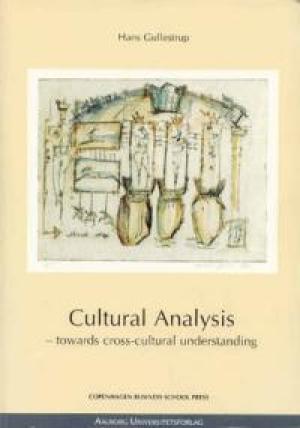Today's internationalisation frequently confronts us with people from other countries and cultures, as we need to cooperate, share knowledge and trade across borders. This is both interesting and rewarding, but from time to time, it may be difficult to fully understand people from other cultural backgrounds. Why do they think and act as they do?
Often, we understand ourselves best and tend to base our understanding of the world and its peoples on ideas we have come to believe irrespective of reality - and thus make it difficult to reach a proper understanding of different cultures.
The Question is: how do we tackle what we find incomprehensible or strange, and how do we make it comprehensible?
The author proposes answers to these questions. The author considers intercultural understanding and co-action, partly by means of general insights into the concept of culture and the dimensions which bring about cultural differences, and partly as a methodology to analyse a certain culture - whether one's own or others'.
This leads towards an understanding of cultural complexity and cultural differences among people.
Cultural Analysis consists of four parts:
- The first part offers a theoretical/abstract proposal for cultural understanding.
- The second part presents a theoretical/abstract proposal for understanding intercultural plurality and complexity.
- The third part provides an empirical model for the analysis of intercultural co-action.
- The fourth part presents and discusses a number of ethical issues in intercultural co-action.



